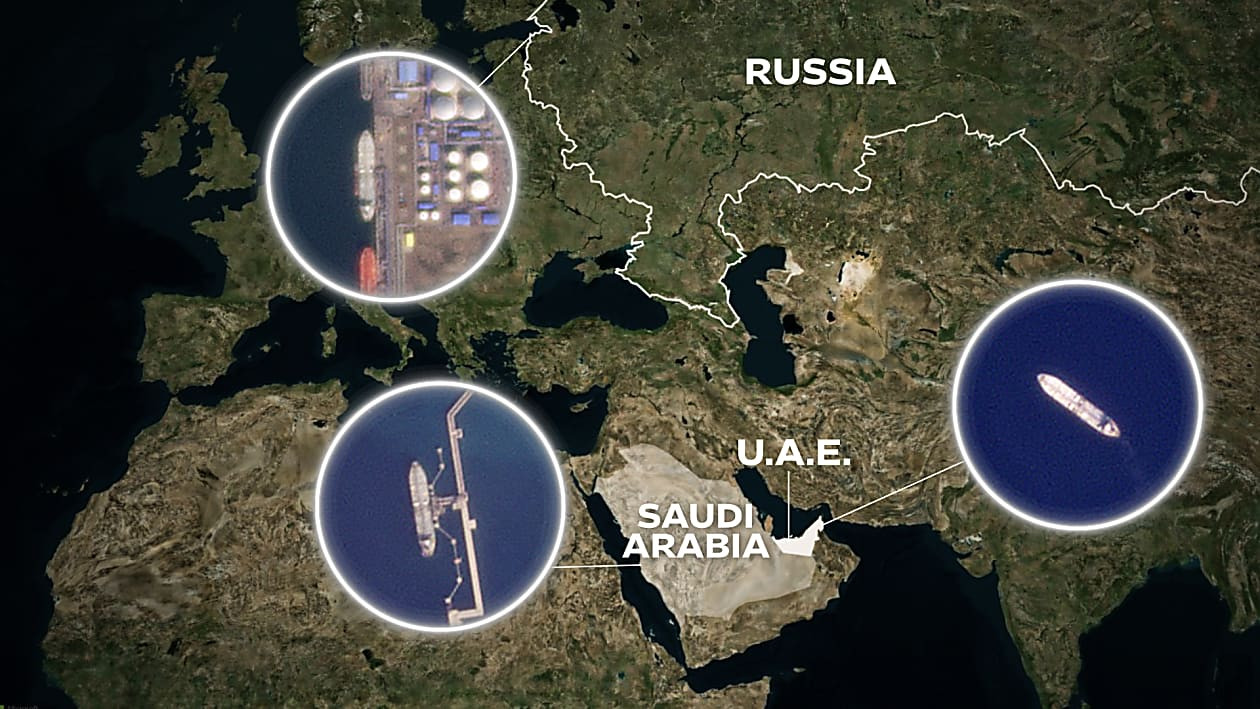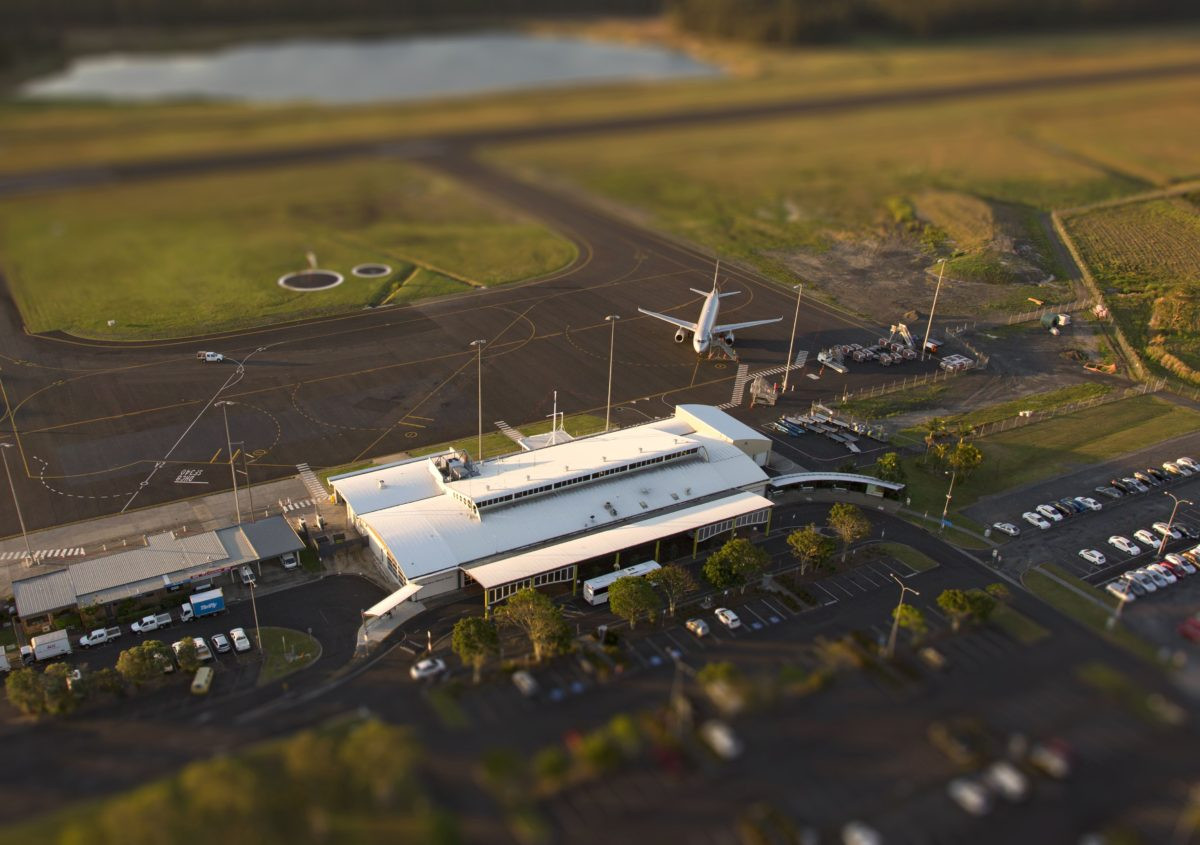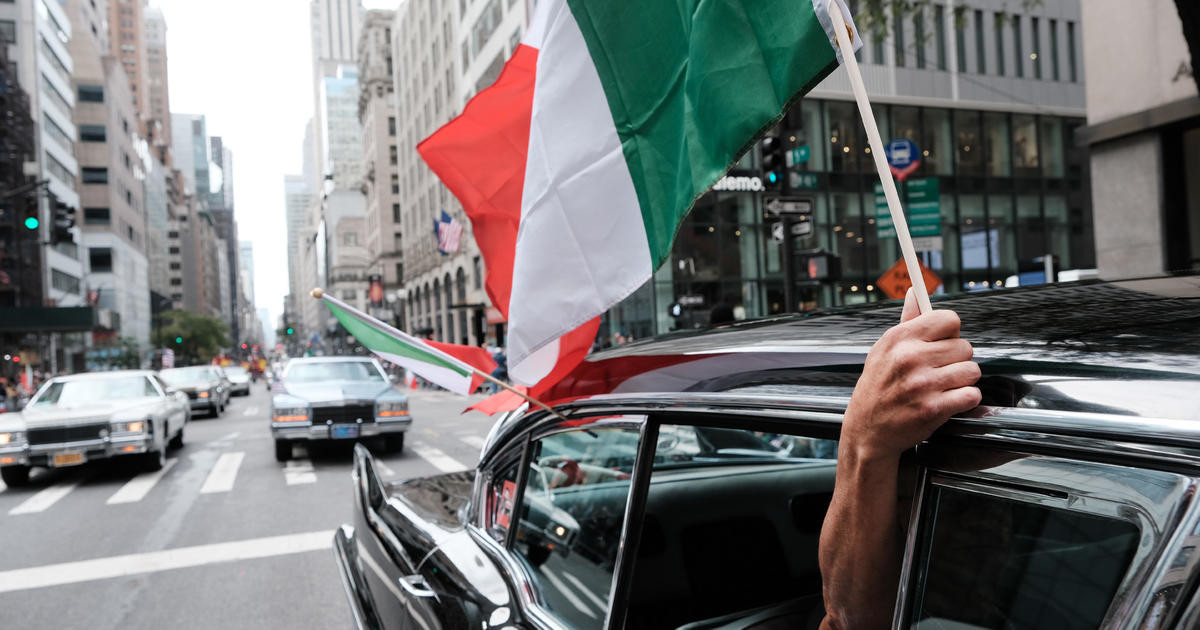Palau’s International Ship Registry pulled the registration of LNGC Pioneer, Asya Energy, and Everest Energy pending an investigation into their practice of deactivating or spoofing AIS signals while traveling to the sanctioned Arctic LNG 2 project. The registry did not immediately respond to requests for comment on how long the investigation would take.
All shadow fleet vessels have remained idle in Russian or international waters for much of the past week. With Russia’s shadow fleet consisting of older steam turbine vessels, gas burn-off, as high as 0.25% per day, is now becoming an issue.
Pioneer loaded cargo in the Russian Arctic on August 3 with potential losses approaching 7.5% of cargo a month later. The vessel transferred its cargo during a recent ship-to-ship to the carrier New Energy in the waters north of the Suez Canal. Both vessels have remained idle off the coast of Port Said since the STS.
Following its flag being suspended Asya Energy turned around in Norwegian waters and sailed for Kola Bay near Murmansk where she has remained since August 27. Its Moss-type storage system limits losses to 0.15% a day, but they may still be approaching 3-4% more than three weeks after calling at Arctic LNG 2.Everest Energy headed for the thus far unused world’s largest floating storage barge Saam FSU in neighboring Ura Guba Bay. Transferring its cargo to the modern storage unit will help reduce boil-off rates. The LNGC remains moored alongside the FSU, satellite images show.
“There is a ticking clock element,” one expert told gCaptain. Marketing its sanctioned cargo already presents a challenge for Novatek. Its Chinese marketing arm was sanctioned by the U.S. last week. And these delays will make it even harder to find a buyer.Another LNG carrier, North Sky, began offloading its cargo at the Yangkou LNG terminal over the weekend. The vessel loaded cargo from thus-far unsanctioned Yamal LNG nearly four weeks ago but had remained idle off the coast of Yangkou, China for several days. North Sky, together with three other newbuilds from the same order, North Mountain, North Air and North Way, was included in sanctions announced last week.While the vessels have not carried product from sanctioned Arctic LNG 2, they were originally intended for use with the project.“The acquisition of these four vessels represents an expansion of Russia’s existing LNG fleet and export capacity, an expansion that we have committed to blocking,” a State Department spokesperson said.Potential buyers receiving cargo from now sanctioned North Sky will likely face the risk of secondary sanctions.
The EU's Ban on Russian LNG Transshipment
The European Union has decided to ban the transshipment of Russian liquefied natural gas (LNG) in its ports, adding a new layer of restrictions to Russian exports already targeted by US sanctions. This measure directly affects Yamal LNG, a major Arctic project led by Novatek.
By 2023, Yamal LNG will be producing 18 million metric tons per year (mmtpa) of LNG, with a significant portion destined for European and Asian markets. Around 70% of Yamal LNG is shipped directly to Europe and Asia, mainly via the Northern Sea Route (NSR) during the summer.
The remaining 30%, or around 3 to 4 mmtpa, is transshipped in Northwest Europe before being shipped to Asia or other European destinations. With the ban on transshipment, Yamal LNG must rethink its logistics chains and explore new routes or storage options, despite the seasonal constraints and high logistics costs associated with these adjustments.
The EU's Potential Ban on Russian LNG Imports
The EU ban could mark the start of a broader tightening of Western sanctions against the Russian energy sector.
Should the EU decide to extend the ban to all Russian LNG imports, European companies with Free on Board (FOB) or Delivered Ex Ship (DES) delivery contracts with Russia would have to invoke force majeure to cancel or adjust these contracts. Such a situation could result in a loss of up to 10 mmtpa for Yamal LNG, forcing the company to find workarounds to maintain a share of its Asian market.
To offset these potential losses, Yamal LNG may have to charter or purchase new vessels capable of carrying out ship-to-ship transfers off Murmansk or in other potential transshipment areas. However, these efforts require substantial investment and are accompanied by numerous risks, not least that of an escalation of sanctions which could render these vessels unusable for certain markets.
Potential US Sanctions on Yamal LNG and Novatek's Vessels
Tougher EU measures could prompt the USA to adopt additional sanctions against the Russian energy sector.
If Washington chooses to specifically target Yamal LNG and Novatek’s vessels, companies engaged with US entities would have to stop purchasing LNG transported by these vessels, on pain of secondary sanctions. Companies like China National Petroleum Corporation (CNPC) could be forced to revise their contracts or invoke force majeure.
These developments are making LNG supplies more uncertain, and prompting market players to consider alternatives. The development of a shadow fleet or entities to circumvent sanctions, while possible, represents additional costs and risks, especially in the face of the constant threat of new legal and financial restrictions.
Implications for Global LNG Markets
The potential reduction in Russian LNG exports comes against an already tense backdrop of persistently high global demand, particularly in Asia.
A further drop in supply could exacerbate gas price volatility and force European and Asian importers to reassess their supply strategies. The situation could also prompt certain countries to diversify their LNG import sources, thereby increasing competition on the market.
The anticipation of an increase in global LNG supply from 2026 could encourage the EU and the USA to adopt even stricter positions towards Russian LNG imports. The implications of these geopolitical decisions are considerable, particularly for trade flows and energy security in Europe and Asia.
Companies need to prepare for an increasingly fragmented and uncertain market, with growing political and economic risks. LNG market players need to keep a close eye on geopolitical developments and adjust their strategies accordingly.
In an environment marked by rising tensions and unpredictable sanctions, supply diversification and operational resilience become essential to navigate an increasingly complex international context.
Russia’s LNG Industry Unfazed by Sanctions
Despite the mounting pressure from sanctions, Russia remains confident in the growth of its LNG industry. “Those sanctions that have been imposed are illegal… We cannot say that they have gone unnoticed,” said Pavel Sorokin, Russia’s Deputy Minister of Energy, at the Eastern Economic Forum in Vladivostok. He added that the sanctions would not stop the growth of the industry in Russia.
Sorokin also predicted a surge in global gas demand in the coming years. “Everyone is actively switching to LNG, and LNG demand could grow from the current 400+ million tons to somewhere between 580-600 million tons in the next 6-7 years.”
Arctic Safety Takes a Backseat
As Russia continues to expand its liquefied natural gas shadow fleet to bypass sanctions, maritime safety in the Arctic is increasingly falling by the wayside. Several aging LNG vessels traveled through the Arctic without applying for or receiving Northern Sea Route permits, likely in an effort to obscure their illegitimate activities.
For more than a decade the Northern Sea Route Administration, Russia’s regulatory entity in charge of ensuring safety along the route, has issued permits to vessels looking to travel the route.
Though the softening of ice-class requirements several years ago was criticized by Arctic shipping experts, by and large the Administration seemingly prioritized the safe development of the route. Its officials internally escalated a number of safety violations over the years – including those related to strategically important Arc7 LNG carriers.
It also kept detailed, publicly available logs of granted permits and daily shipping activity on the route. Every vessel traveling along sections or the entirety of the route was required to apply for a permit.
This practice has now seemingly come to an end as multiple carriers of Russia’s LNG fleet have traveled to and from the Yamal LNG and Arctic LNG 2 projects, without applying for or receiving permits and without having their activity recorded in daily logs.
Over the past four weeks, aging LNG carriers Pioneer, Asya Energy, and Everest Energy – all close to or older than 20 years – traveled up the Norwegian coastline, passed through the Barents Sea and entered the western NSR without holding permits.
After loading sanctioned cargo at Arctic LNG 2 they exited the route along a similar path. Their trips were not logged by the NSR Administration. Despite these attempts to obfuscate their activity the U.S. State Department sanctioned all three vessels last week. And the state of Palau temporarily suspended the vessels’ registrations.
Four other LNG carriers, North Sky, North Wind, North Mountain, and North Air, have had their permit information removed from the NSR Administration website, likely in an effort to obscure their ownership structure.
One of the vessels, North Sky, transited the entirety of the route with liquefied gas from the Yamal LNG project without the Administration logging its activity. Again, Russia’s attempts to hide the vessels’ activities were unsuccessful as all four carriers were included in the State Department sanctions activity.
The Future of Maritime Safety in the Russian Arctic
Where does this leave the maritime safety regime in Russia’s Arctic waters going forward?
“There is the pressure from the sanctions in the frame of the war in Ukraine and indeed a real tolerance for underclass, or even dangerous vessels navigating in Arctic waters,” explains Frédéric Lasserre, professor of political geography and geoeconomics at Laval University, whose research focuses on Arctic shipping.
“There is also the definite will by Russia to develop shipping, whatever it takes apparently, so as to reach very high goals, e.g. the often-cited figure of 80 million tons of cargo by 2024,” he continues.
Earlier discussions about activity on the NSR evolved around the question if officials struck the right balance between safety and economic development, but not overt violation or disregard of rules.
“As early as 2013, the Nordvik collision raised the question as to whether this accident was due to crew negligence or lack of caution from the NSR and the desire to speed up the development of shipping along the NSR,” Lasserre adds.
But the expanding sanctions regime and the lack of ice-class tankers has led Moscow to resort to using increasingly unsafe vessels and simultaneously sidestepping long-established regulatory measures, such as the NSR permit process.
“There are LNG tankers operating in the dark fleet, i.e. vessels operated by companies that try to bypass the sanctions. And this dark fleet directly stems from Russia’s desire to keep exporting,” Lasserre highlights.
The lack of sufficient ice-class vessels, especially in the oil sector, further increases the risk.
Aging vessels without ice-classes navigating Arctic waters while sidestepping the permit process could become the new normal.
“It is increasingly difficult I feel to adequately follow up since Russia does not easily share data, or even conceals it,” Lasserre concludes.

















